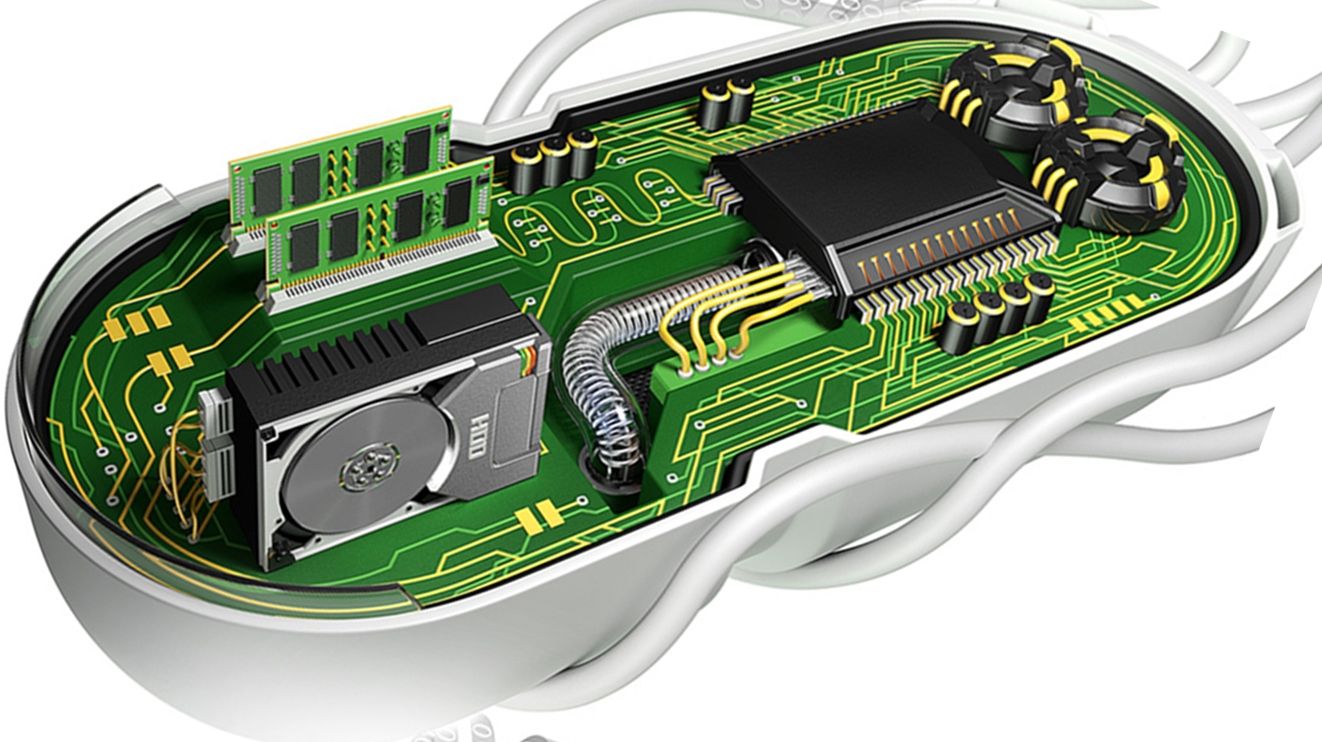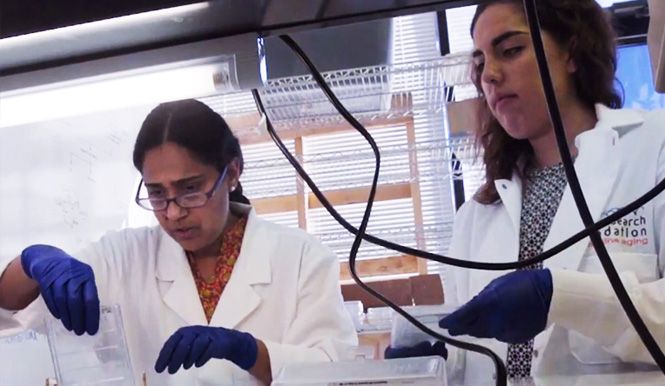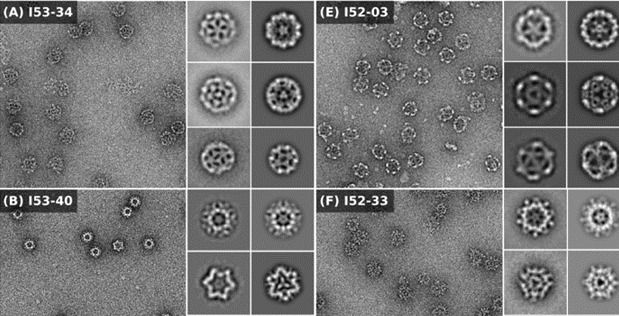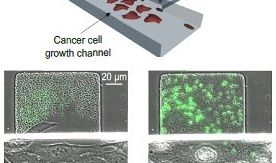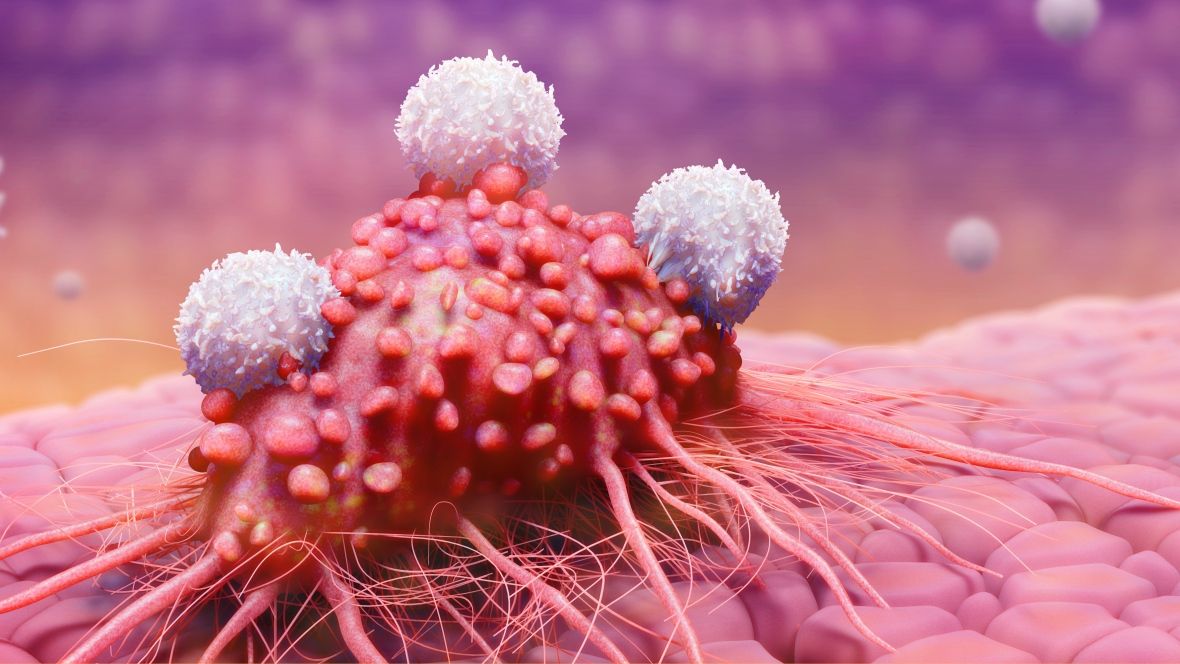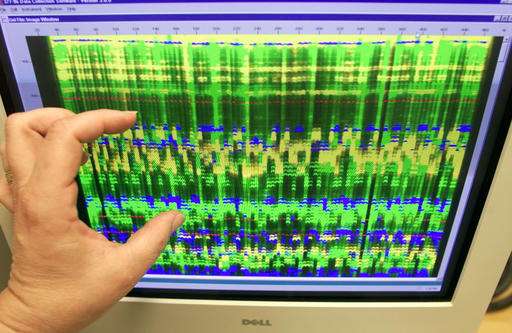Archive for the ‘biotech/medical’ category: Page 2625
Jul 25, 2016
Genomics maverick Craig Venter’s plan to unlock DNA’s connection to disease
Posted by Karen Hurst in categories: biotech/medical, genetics, life extension
Awesome! Just imagine all the benefits that we will see through this research. Not only will we figure out more on the root cause of gene mutations, and cures including CRISPR; but also we will be more effective in mimicking the human system in synthetic systems, synthetic cell or gene circuitry, humanoids, synthetic immune systems, combat aging more effectively, etc.
With more data, a pioneer of gene sequencing hopes to unlock the connections between DNA and illness.
Jul 25, 2016
Project|21 SENS Research Foundation | Building the Bridge to Human Clinical Trials for Rejuvenation Biotechnologies
Posted by Steve Hill in categories: biotech/medical, internet, life extension
MOUNTAIN VIEW, Calif. — July 11, 2016 — SENS Research Foundation today announced its Project|21 campaign to secure $50 million in private support from individual donors, foundations, and corporations. The goal of Project|21 is for SRF to partner with a new generation of visionary philanthropists, build the Rejuvenation Biotechnology industry, and bridge the most challenging gulf between research and treatment by enabling human clinical trials by 2021.
Aubrey de Grey, founder and chief science officer of SENS Research Foundation said, “Ending aging will require large-scale investment to flow into a globally-recognized industry for rejuvenation biotechnology. Since we began in 2009, SENS Research Foundation has been putting all the pieces in place — core research groups, key players, shared knowledge, underlying tools — for the creation of this industry. The key programs funded by Project|21 can create an environment where the first damage repair interventions addressing specific age-related diseases will be brought to human clinical trials within five years.”
The programs funded under Project|21 focus on three major barriers to the development of truly effective rejuvenation therapies. First, funding to convert promising basic research programs into solid investment candidates remains far too scarce. Second, there are too few opportunities for dynamic collaborations with mainstream regenerative medicine. Finally, there is little understanding of the regulatory pathways and clinical infrastructure these technologies will require. Project|21 addresses these three areas by creating a $15 million bridge fund to support promising early stage technologies; a center of excellence to deliver better opportunities for collaborative development of early stage programs; and a Rejuvenation Biotechnology Alliance Program to address challenges in regulation, manufacturing, and investment.
Jul 25, 2016
Biggest Little Self-Assembling Protein Nanostructures Created
Posted by Klaus Baldauf in categories: biotech/medical, genetics, nanotechnology, particle physics
A research team at the University of Washington has harnessed complex computational methods to design customized proteins that can self-assemble into 120-subunit “icosahedral” structures inside living cells—the biggest, self-booting, intracellular protein nanocages ever made. The breakthrough offers a potential solution to a pressing scientific challenge: how to safely and efficiently deliver to cells new and emerging biomedical treatments such as DNA vaccines and therapeutic interfering particles.
The work, funded by DARPA in a lead-up to the new INTERfering and Co-Evolving Prevention and Therapy (INTERCEPT) program, “opens the door to a new generation of genetically programmable protein-based molecular machines,” the researchers report in this week’s issue of the journal Science. The research paper is available here: http://ow.ly/LW8F302tOp3
Anyone familiar with the role-playing games Dungeons and Dragons and Munchkin need only picture the 20-sided die to understand what an organic, icosahedral cargo container looks like—symmetrical, triangle-shaped panels folded evenly on each side. Unlike a die that can be held in your hand, however, these creations are the size of small viruses and are designed to interact with cells in the same way viruses might—that is, by delivering their caged contents into a cell, albeit in this case with positive, customizable outcomes. Also, whereas dice are produced in molds on a factory assembly line, these nanocages build themselves inside cells, following with atomic precision instructions written in genetic code.
Jul 24, 2016
Engineered bacteria deliver an anti cancer tumor toxin in mice before self-destructing
Posted by Karen Hurst in categories: bioengineering, biotech/medical, genetics
I never get tired of hearing more information on this research.
A synthetic genetic circuit programmed into an attenuated Salmonella enterica subspecies can be used to systemically deliver an anti-tumor toxin into mice with cancer. The circuit allows the bacterial cells inside a tumor to synchronously self-destruct by lysis, releasing the toxin directly in the tumor.
Researchers at the University of California San Diego and the Massachusetts Institute of Technology (MIT) have come up with a strategy for using synthetic biology in therapeutics. The approach enables continual production and release of drugs at disease sites in mice while simultaneously limiting the size, over time, of the populations of bacteria engineered to produce the drugs.
Hope; or at least I am hoping.
A novel gene-editing technique with potential to revolutionize cancer treatment has scientists in a race to test it on humans.
As the scientific journal Nature announced last week: “Chinese scientists to pioneer first human CRISPR trial.”
Jul 24, 2016
Paralyzed Man Walks After Nose Cells Transplanted Into Spinal Cord
Posted by Shailesh Prasad in category: biotech/medical
Two years after an operation to transplant nerve cells from his nose into his severed spinal cord, a Bulgarian man is walking again.
Jul 24, 2016
Biotech Executive Martine Rothblatt Envisions Legal Rights for AI
Posted by Roman Mednitzer in categories: biotech/medical, computing, law, robotics/AI
Jul 24, 2016
Major breakthrough against heart failure after scientists use stem cells in ‘astonishing’ trial which could help millions
Posted by Dan Kummer in categories: biotech/medical, health
Heart attack patients who were not expected to live are fit and healthy after scientists regenerated their hearts with stem cells in a ground-breaking trial which could help millions of people with heart failure.
The research is the first to show that scarring of heart muscle, associated with a heart attack can be reversed, a feat which doctors believed was impossible, and which could eventually end the need for transplants.
Scarring of the heart stops the organ pumping blood effectively and can lead to further attacks and sudden death.
Jul 23, 2016
Scientists work toward storing digital information in DNA
Posted by Andreas Matt in categories: biotech/medical, computing, education, mathematics
Her computer, Karin Strauss says, contains her “digital attic”—a place where she stores that published math paper she wrote in high school, and computer science schoolwork from college.
She’d like to preserve the stuff “as long as I live, at least,” says Strauss, 37. But computers must be replaced every few years, and each time she must copy the information over, “which is a little bit of a headache.”
It would be much better, she says, if she could store it in DNA—the stuff our genes are made of.
